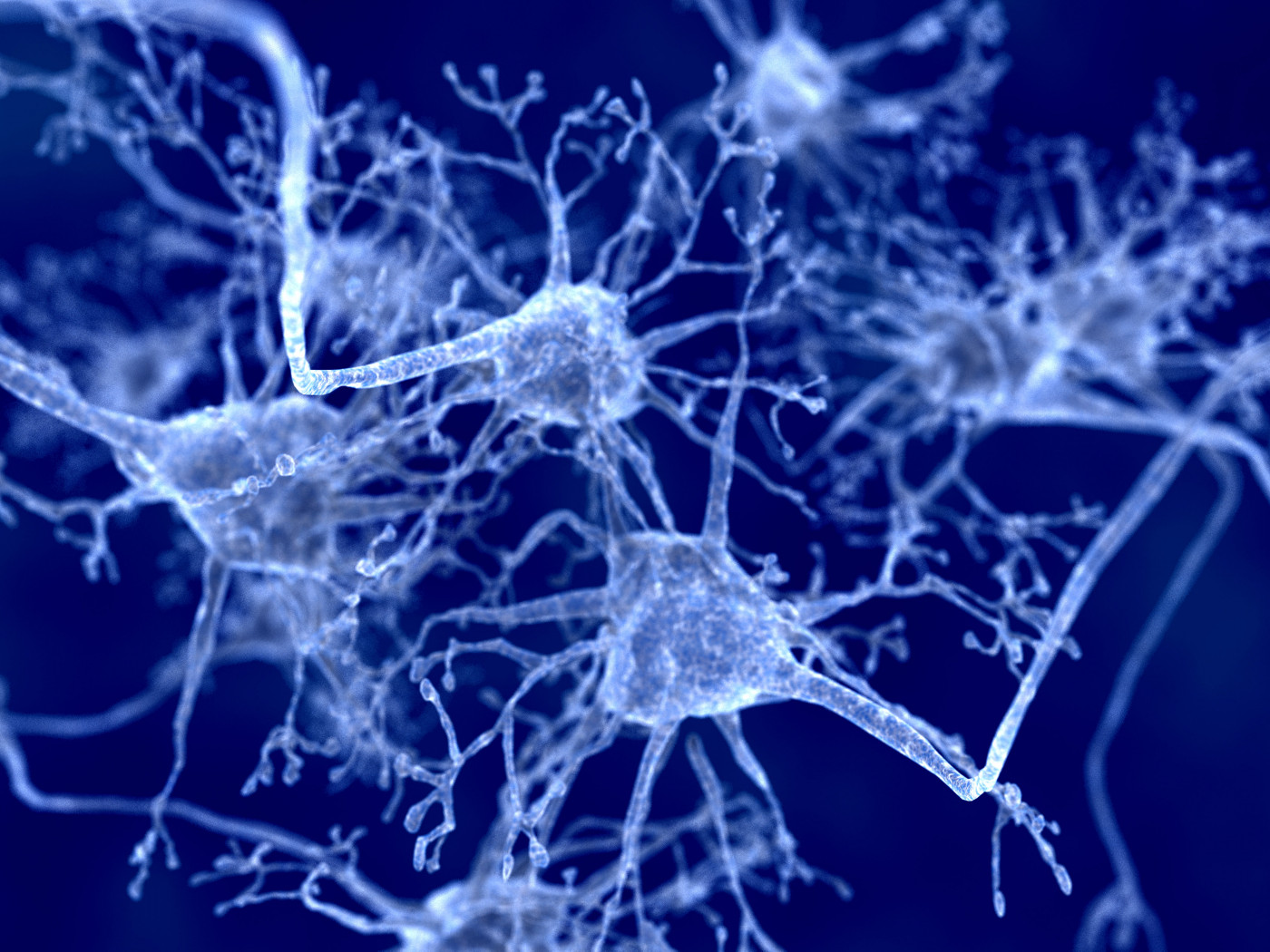Newly ID’d Group of Astrocytes Seen to Help Prevent Brain Inflammation
Written by |

A newly identified subset of astrocytes — cells long thought to be responsible for simply providing nutrition and support to neurons — can prevent brain inflammation by promoting the destruction of pro-inflammatory immune T-cells, scientists report.
Their work also found that the anti-inflammatory activity of this astrocyte subpopulation is dependent on interferon-gamma — a molecule known to control immune and inflammatory responses — produced by natural killer (NK) cells, another subset of immune cells.
Interestingly, the production of interferon-gamma by NK cells was seen to be controlled by the gut microbiome, the set of bacteria and other microbes that live in the gastrointestinal tract.
According to the investigators, these discoveries may help guide the development of therapies for inflammatory neurological disorders such as multiple sclerosis (MS), as well as to treat some types of brain tumors. These tumors are known to exploit natural anti-inflammatory signaling cascades to avoid being targeted by the immune system.
“Finding microbiome-controlled anti-inflammatory subsets of astrocytes is an important advance in our understanding of CNS [brain and spinal cord] inflammation and its regulation,” Francisco Quintana, PhD, the study’s senior author and an associate professor of neurology at the Center for Neurologic Diseases at Brigham and Women’s Hospital in Boston, said in a press release.
“This is a very novel mechanism by which the gut controls inflammation in the brain,” he added.
The team’s findings were reported in the study, “Gut-licensed IFNγ+ NK cells drive LAMP1+TRAIL+ anti-inflammatory astrocytes,” published in the journal Nature.
Astrocytes are the most common type of cells found in the brain and spinal cord, jointly known as the central nervous system (CNS). For a very long time, scientists believed their main function was to ensure that neurons remained healthy by providing them with nutrients.
However, this idea started being challenged by studies that found astrocytes can also promote the neurodegeneration and inflammation that leads to the onset of several neurological disorders.
“Over the years, many labs, including mine, have identified important roles for astrocytes in promoting neurological diseases,” Quintana said.
A group of researchers led by Quintana now report discovering an astrocyte subpopulation that seems to do the opposite, by keeping inflammation away from the CNS. According to the team, this discovery was made possible through the use of refined gene- and protein-analysis tools.
“This is the first case in which we’re showing that at least a subset of these cells (astrocytes) can prevent inflammation,” Quintana said in the release. “The reason we haven’t seen this before was because we were studying these cells as if they were uniform, or one single cell type. But now we have the resolution to see the differences between these cells.”
These specific astrocytes were found close to brain meninges, the membranes that envelop and protect the brain. After studying them in more detail, the researchers discovered these cells produced a glycoprotein called LAMP1, along with TRAIL — a protein that can trigger the death of other cells.
Researchers found these astrocytes were able to use TRAIL to promote the death of pro-inflammatory immune T-cells, preventing CNS inflammation.
Additional experiments showed that TRAIL production was controlled by interferon-gamma, which, in turn, was produced by NK cells.
The production of interferon-gamma was seen to be triggered by the gut microbiome via NK cells that can circulate throughout the body and eventually reach the brain meninges, where they trigger they astrocytes’ anti-inflammatory activities.
This work marks the second time Quintana and his team identified a subset of astrocytes whose activity seems to be controlled by the gut microbiome. These scientists think others may also be left to discover.
“It’s becoming clear that the gut flora are important in many diseases. We’re lucky that we’ve been leading the charge to identify different subsets of astrocytes and the mechanisms that control them. We have a list of other populations of astrocytes, and we’re working to see how the gut flora may control them,” Quintana said.
Researchers hope that by understanding the mechanisms astrocytes use to fight inflammation, they will be able to develop new treatments for neurological disorders like MS that are known to cause CNS inflammation. The researchers are now exploring the potential of some probiotics to potentially trigger astrocytes’ anti-inflammatory activities.


